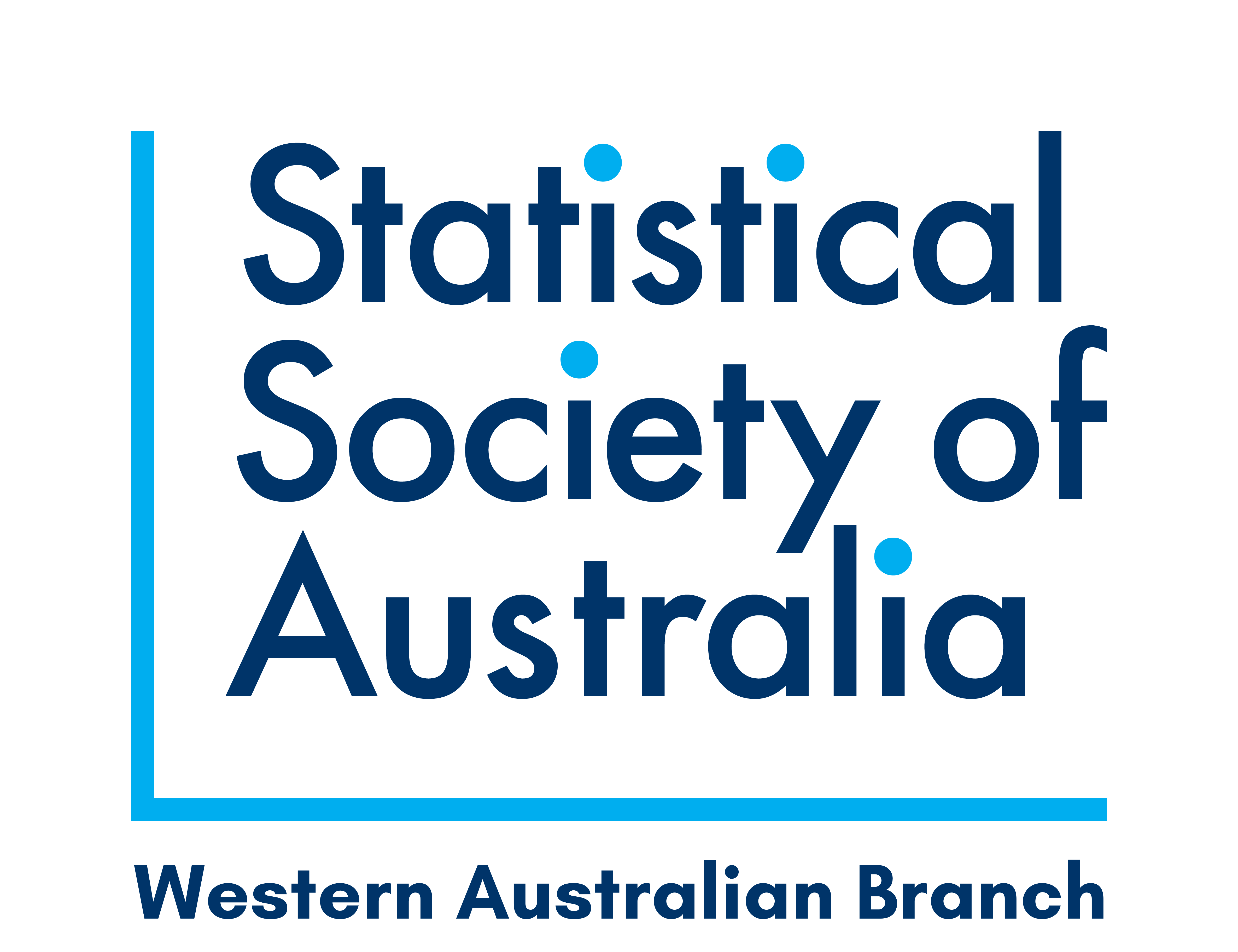
Announcing the September meeting of the WA Branch of the Statistical Society of Australia.
Date: Tuesday, 12 September 2023
Time: 6:00PM
Location: Blakers Lecture Theatre, The University of Western Australia.
Presentation
Identifying Black Holes and Neutron Stars in Large Astronomical Surveys using Gaussian Processes
Shih Ching Fu, Curtin University
Large-scale facilities such as the Square Kilometre Array and Vera Rubin observatory aim to survey large portions of the sky on a regular basis. The time-series data collected by such observatories contain information on the evolution and variability of millions of objects in the sky. An important followup task is going through these data and identifying and cataloguing what might be interesting sources. Given the sheer number of observations this is a challenging task and an important intermediate step is properly representing these sources in a statistically robust and astrophysically meaningful manner.
In this project, we aim to work on finding such a representation of astronomical time-series, in particular the lightcurves from large-scale surveys. There is a balance to be had in formulating a characterisation of lightcurves that is rich in descriptive power and yet not overly specified. In practice this means developing a statistical parameterisation that captures sufficient detail of a lightcurve so that each type of source might be distinguished from each other, yet not too overfit such that any classification scheme based on these parameters is not generalisable. An additional constraint is that these parameters should have physically meaningful interpretations. It is proposed that a Gaussian Process representation of lightcurves can satisfy these requirements.
Gaussian Process (GP) regression already enjoys widespread application in astronomy but often only in the analysis of a specific source or class of sources. This work plans to generalise the use of GP regression to the analysis of all sources found in a survey. An important outcome of this work will be a decision workflow for the optimal selection of kernel functions and hyperparameters in the context of fitting lightcurves to diverse sources, including across different wavelengths, e.g., radio, optical, X-ray. Furthermore, this work may indeed result in the discovery of interesting blackhole and neutron star candidates, or other exotic and high-energy astrophysical phenomena.
About the Speaker
Shih Ching is a graduate student based at the Curtin Institute of Radio Astronomy (CIRA). He has previously been a researcher in mineral exploration, a product owner at a software startup, a biostatistical consultant at universities, and worked with data from astronomy, law enforcement, defence, agriculture, and health care. He is also the current Secretary of the WA Branch.
Refreshments and Dinner
Members, visitors, and guests are invited to mingle over wine and cheese from 5:30PM.
Following the meeting you are invited to dine with the speaker and fellow attendees at a local restaurant.
Meeting directions
The Blakers Lecture Theatre is located on the ground floor of the Mathematics building at The University of Western Australia. Its entrance is on the northern side of the building. See: Campus Map, Google Maps.
Parking is free on the UWA Crawley campus after 5:00PM. A convenient place to park is Car Park 18 accessible from Fairway Entry 1.
For further information please contact the WA Branch Secretary (ssa.wa.secretary@gmail.com).
